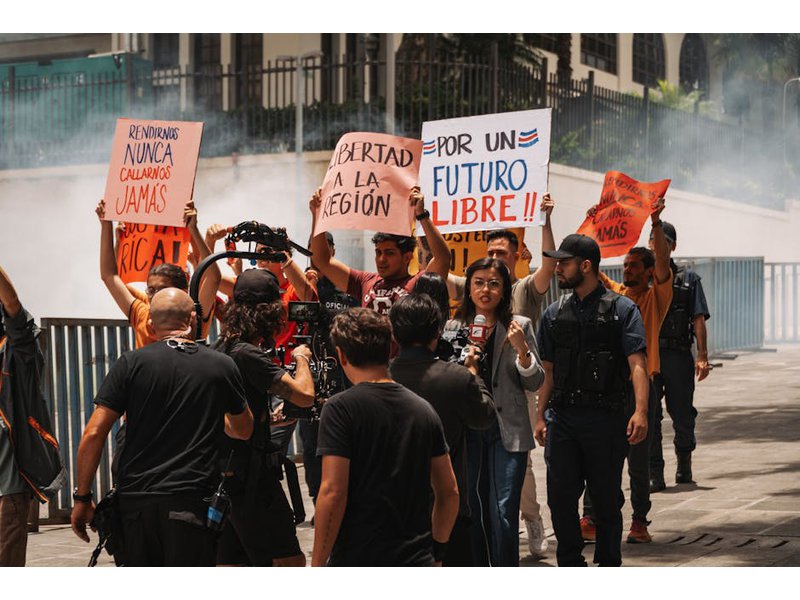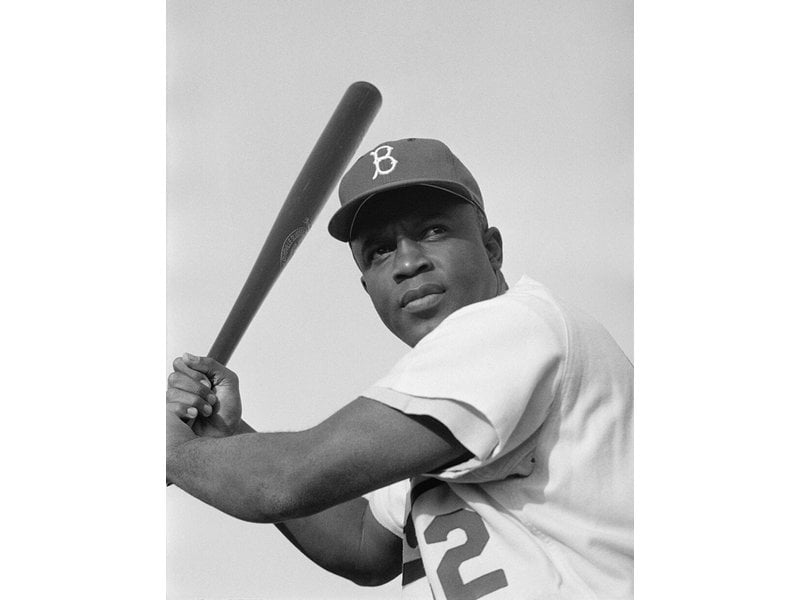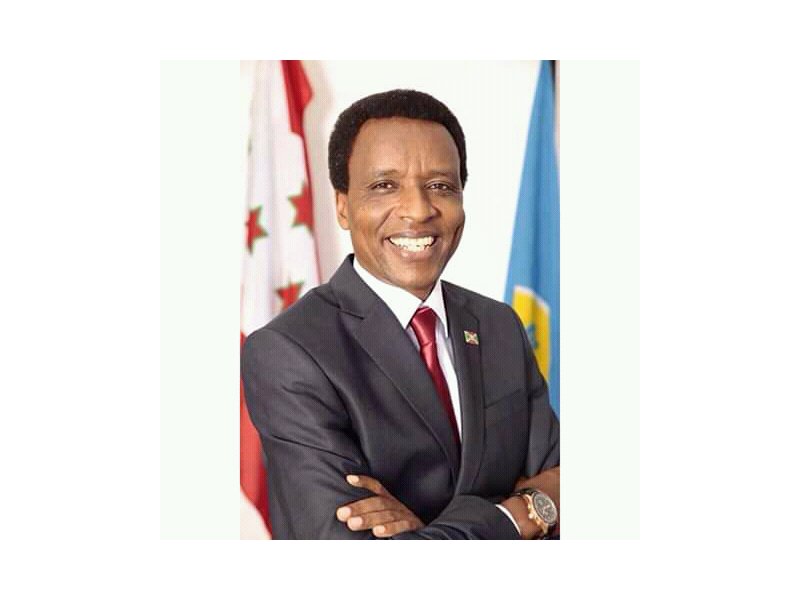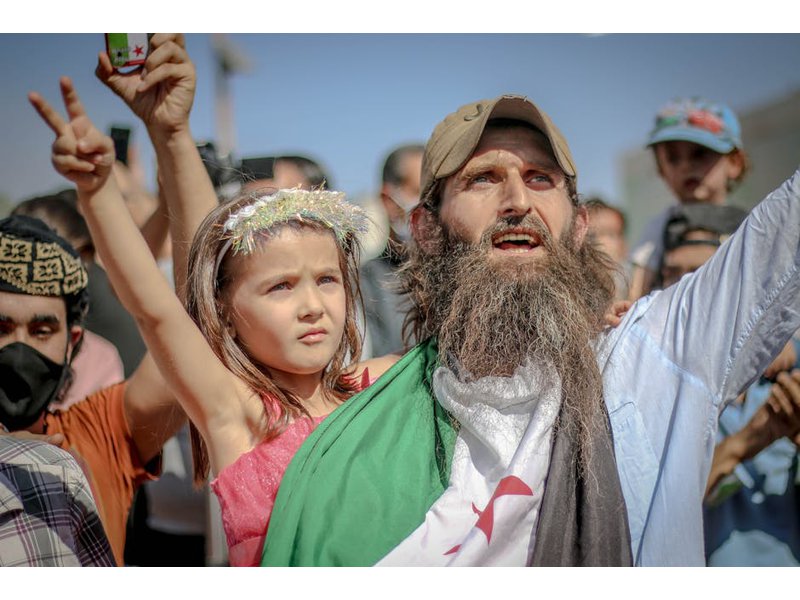123 boycott of legislative bodies
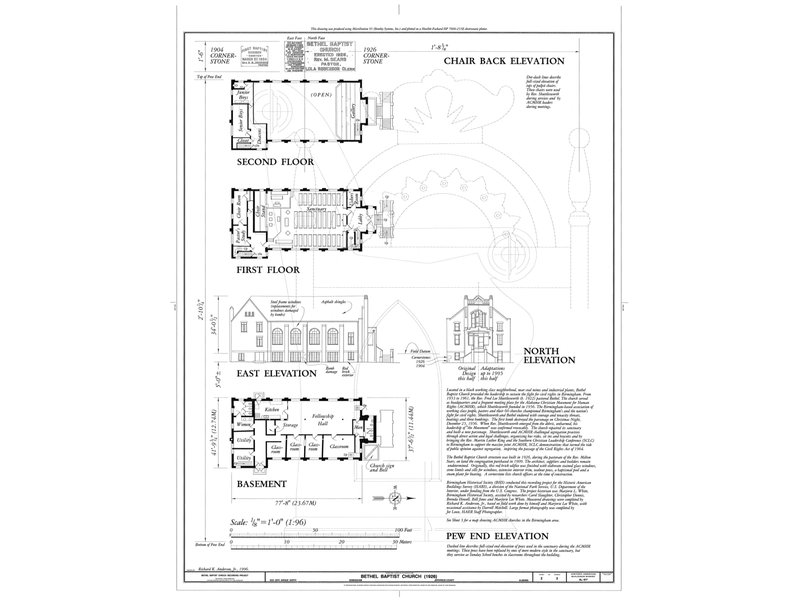
"In undemocratic systems, legislative bodies may be used to bolster the regime’s prestige and influence and to offer the appearance of democracy. A resistance movement may then decide on a permanent or temporary boycott of participation in such bodies. Nonparticipation would be designed to: 1) remove the façade of democracy; 2) increase the degree of noncooperation with the opponent regime; 3) obtain the active participation in the resistance movement of those politicians who would otherwise spend time attending legislative sessions which produce no changes; and 4) offer by withdrawal a symbolic or newsworthy protest in cases where defeat of the dissident minority in the legislature seems certain. Frequently, of course, withdrawal from the legislature simply means that the opponent group can proceed without legislative opposition."...
Potentially awesome partners

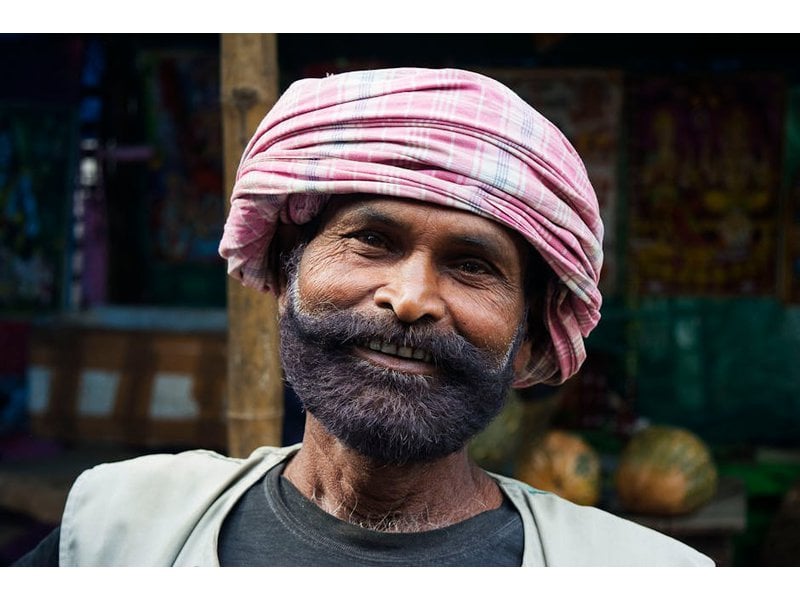
Potentially problematic matches
High scoring campaigns using this method
Historical cases from the Nonviolent Action Database that used this method
Hungarians campaign for independence from Austrian Empire, 1859-1867
In the 1840’s there were high tensions between Hungary and the Austrian Empire. Hungary, a part of the larger Austrian Empire, was characterized by nationalistic fervor and that feeling erupted in a violent insurgency in 1848. Franz Josef, the empero...
Irish citizens campaign against conscription by the British Government, 1918
World War I broke out on 28 July 1914, pitting an alliance spearheaded by Germany and Austria-Hungary against the forces of the United Kingdom (UK), France, Russia, and their allies. Due to paradigm shifts in military technology, the war quickly turn...
Kyrgyz citizens overthrow President Ayakev (Tulip Revolution), 2005
By 2005 President Askar Ayakev had ruled Kyrgyzstan for 15 years. In his first 10 years as president he had been generally popular and well liked; but due to concerns about increasing corruption within his government and his family, Ayakev’s populari...
Japanese protest security treaty with U.S. and unseat Prime Minister, 1959-1960
The political atmosphere in Japan in the 1950s was anything but calm. Still reeling from the Second World War, citizens were coming to terms with their newly democratic leaders—politicians who, before the war, had been ardently fascist. A growing nat...
Russians campaign for democracy and economic justice (Russian Revolution), 1905
In the late 19th century, Russia’s autocracy, led by a Tsar (also czar), came under increasing attack. Alexander II was forced to liberate the serfs, but he was still assassinated in 1881 by a group called The People’s Will. His heir, Tsar Alexander ...
Rio de Janeiro residents protest World Cup and Olympics 2011-2016
The city of Rio de Janeiro is home to 6 million people with approximately 1.5 million residents living in favelas. These residential communities, named after the favela trees native to the region, are commonly misunderstood by outsiders. Although 32%...
Palestinians wage nonviolent campaign during First Intifada, 1987-1988
EDITOR'S NOTE: Regarding the First Intifada as "nonviolent" is controversial because of the violence that accompanied the campaign. Aden Tedla's narrative does not try to hide the violent dimension. Three considerations lead us to include the case in...
Low scoring campaigns using this method
Historical cases from the Nonviolent Action Database that used this method
Palestinians wage nonviolent campaign during First Intifada, 1987-1988
EDITOR'S NOTE: Regarding the First Intifada as "nonviolent" is controversial because of the violence that accompanied the campaign. Aden Tedla's narrative does not try to hide the violent dimension. Three considerations lead us to include the case in...
